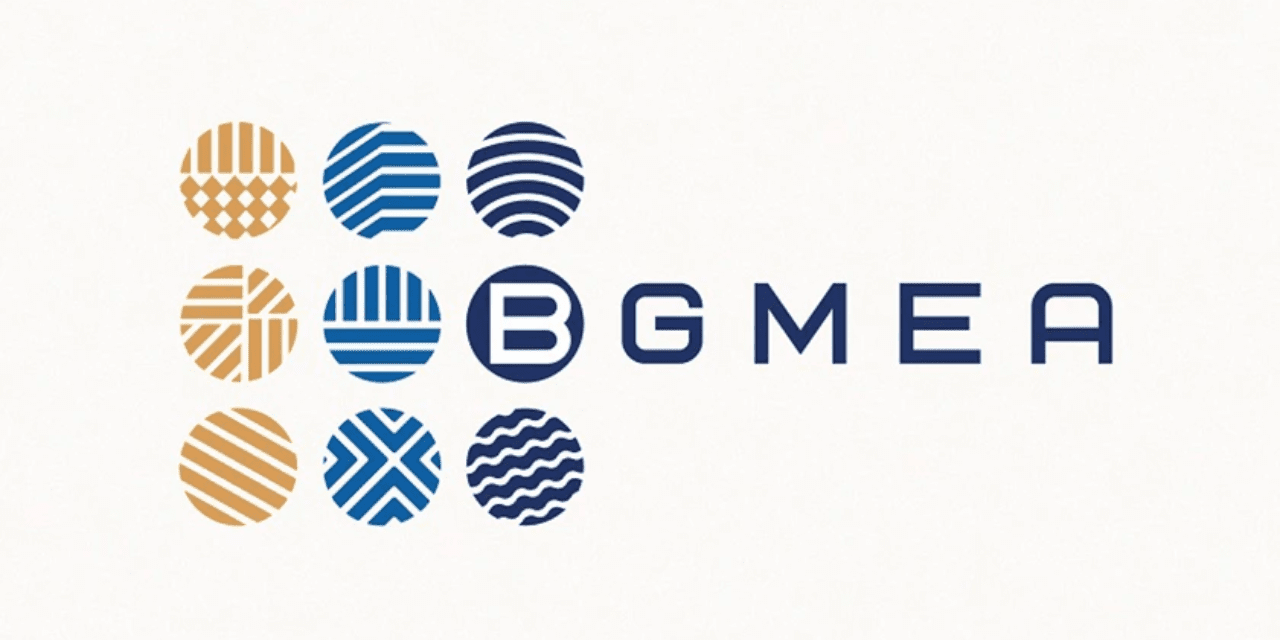Based on EU’s official data, the apparel import of EU from the world has declined by 7.44% during the first seven months of 2023 compared to the same period of 2022. This means EU’s import from the world declined to US$ 52.38 billion in January-July 2023 from US$ 56.60 billion in January-July 2022. In terms of quantity (measured in kilogram), EU’s clothing import from the world also had a stiff downturn by 12.80% (to 2.17 billion KG in Jan-Jul 2023 from 2.49 billion KG in Jan-Jul 2022).
Among the top ten apparel supplying countries to EU, all of them have shown negative growth in both value and quantity.
As far as EU’s apparel import from Bangladesh is concerned, it declined compared to other top sourcing countries. During the mentioned period, EU’s import from Bangladesh dropped by 11.73% in dollar value i.e. to US$ 11.63 billion in January-July 2023 from US$ 13.18 billion in the corresponding period of 2022. Quantity wise (measured in kilogram), it also declined by 14.50% during the mentioned period i.e. to 662.56 million KG in Jan-Jul 2023 from 774.88 million KG in Jan-Jul 2022.
EU’s import from China, the top sourcing country, saw a decline by 10.88% in dollar value to US$ 13.28 billion in Jan-Jul 2023 from US$ 14.89 billion in Jan-Jul 2022. In terms of quantity, it also declined to 558.20 million KG from 624.29 million KG, showing 10.59% aggregate decline.
During January-July 2023, EU’s imports from Turkey the 3rd largest apparel source have declined by 10.60% in value term to US$ 6.39 billion in Jan-Jul 2023 from US$ 7.15 billion in Jan-Jul 2022. Quantity wise (measured in kilogram) it also declined by 22.52% (to 212 million KG from 273.63 million kilogram).
At the same time, import from India and Vietnam dipped by 5.79% and 1.84% respectively. Also, in terms of quantity, both countries shown 11.49% and 8.99% decline respectively.
During Jan-Jul 2023, EU’s import from other top sourcing countries such as Cambodia, Pakistan, Morocco, Sri Lanka and Indonesia also declined by 7.20%, 9.81%, 12.59%, 13.72% and 17.56% respectively in value terms.
EU’s global import price (USD/KG) increased by 6.14% in January-July 2023 while from Bangladesh it increased by 3.24%. Excluding China, the unit prices of other top nine countries have shown positive growth during the mentioned period, meaning that China is still dominating with their competitiveness. I keep on mentioning that the upward trend in prices is not only about the rising raw material costs and production cost hike, but also our growing ability to produce higher priced items. The next decade of our industry will be an era of innovation and improvisation, and I do hope that the trend we are seeing in investments in diverse and high value added items sustains.

